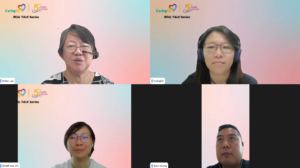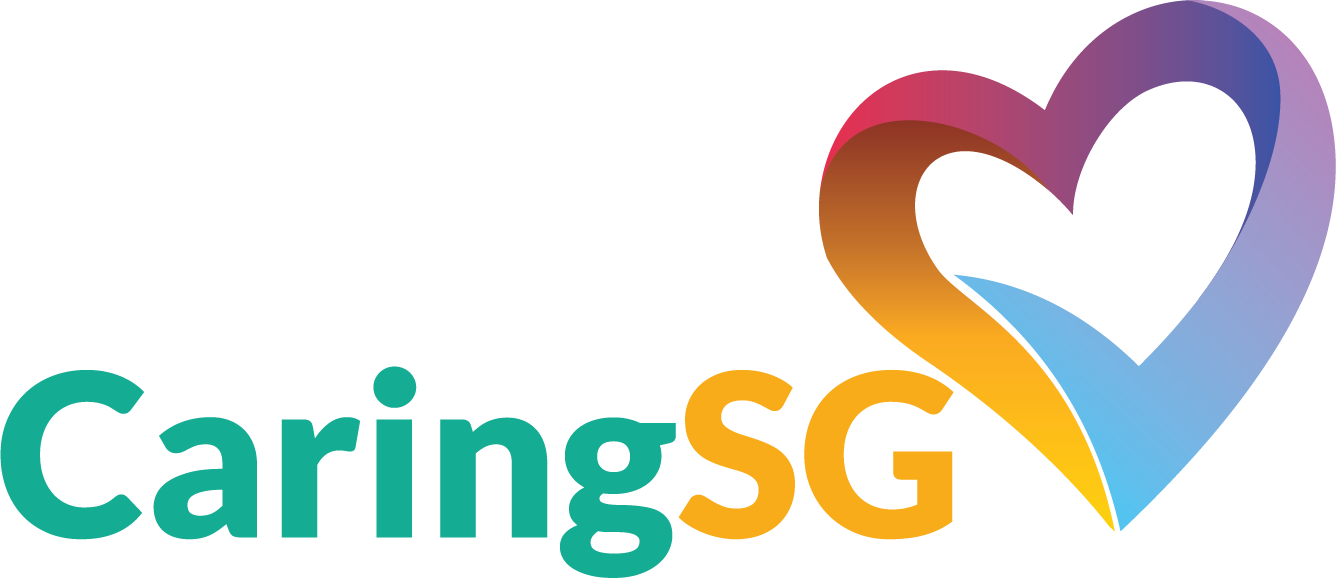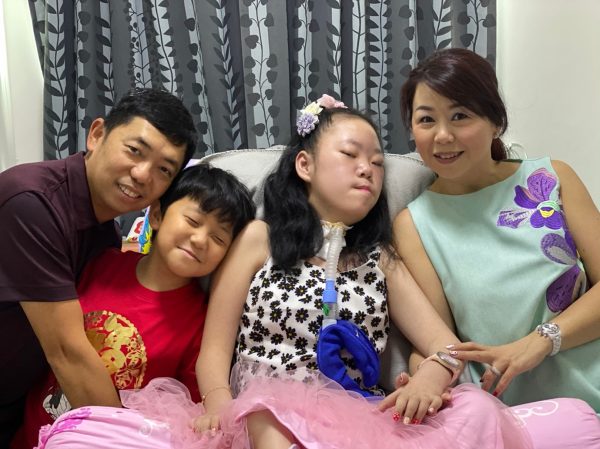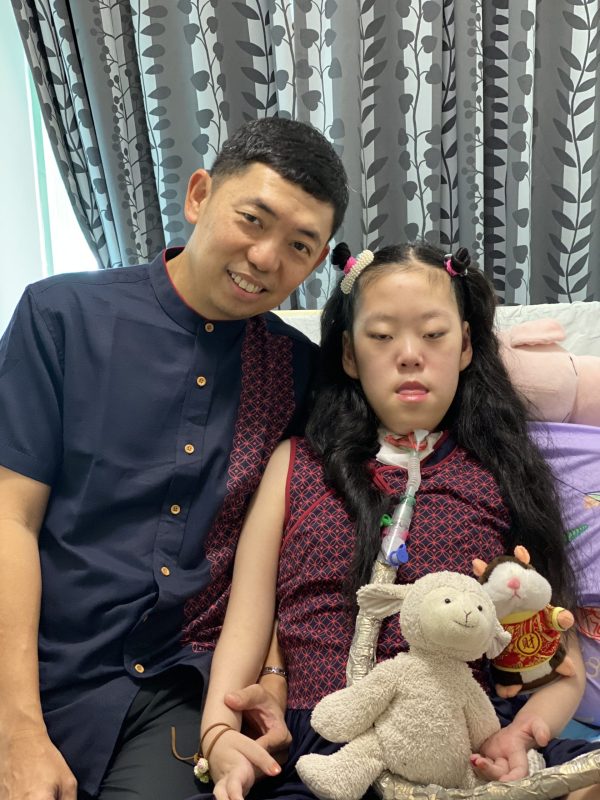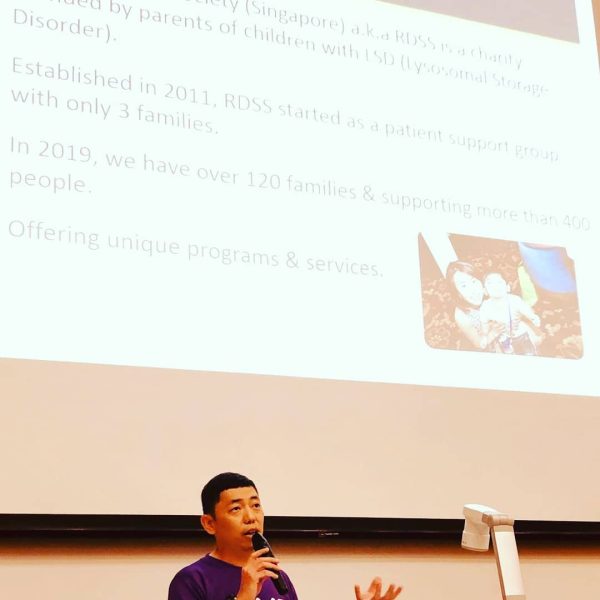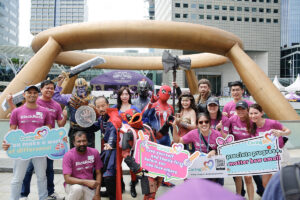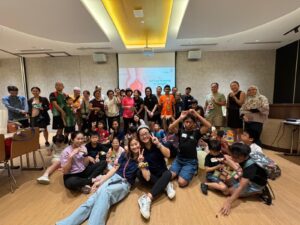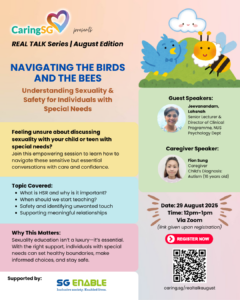In 2011, Kenneth and his wife, Patricia, founded the Rare Disorders Society (Singapore) or RDSS to create awareness about various life-threatening rare diseases. RDSS has grown from three to 130 families and provides financial, emotional and psychosocial support to these families. To acknowledge his caregiving efforts, he was awarded the Exemplary Caregiver Award 2019 by Club Rainbow.
Kenneth hopes fellow special needs caregivers will hear this advice which have supported his own journey as a caregiver over the years.
1. Work with the strengths of your family members
“Each person has their strengths. We cannot expect wife and husband to be equally involved in the same way.” – Kenneth Mah
Not everyone can do every task equally well. Kenneth advises caregivers, fathers especially, to be honest with themselves regarding the strengths and weaknesses they and family members have.
He openly shared that he is dyslexic. Hence although reading is not his forte, he is better at remembering pictures and doing hands-on tasks. As Patricia is better with words and is doing well in her career, she takes care of the family’s finances and is helping him to oversee the running of RDSS.
This is one reason why he decided that to quit his job to be a stay-at-home dad to Chloe. Besides familiarising himself with first aid and CPR, he is a MacGyver of sorts, improvising for her daily medical routine as she grew older and her needs evolved. He trialled and invented new equipment using everyday items to fulfil her medical needs when there was no reported precedent or example to refer to.
With both parents to look up to, Chloe has bloomed. She has learnt how to communicate using a communication app (Touch Chat) installed in iPad and said her first words ‘Papa’ at eight years old. Her younger brother, Cayden, has also grown to become an empathetic boy who looks out for classmates who need help at school.
2. Remember to self-care
Kenneth makes plans where possible to have some time for self-care. He arranges sessions with friends for golf, badminton and makan sessions, during periods which Chloe is looked after in school or by the helper.
He advises caregivers to:
- Embrace the changes
- Prioritise basic self-care – set ‘me time’, ‘family time’ and ‘we time’ with friends.
- Be kind to yourself and set short term self-care goals
- Engage in meaningful and healthy activities
- Have a personal crisis plan – keep a circle of confidantes
- Positive thinking – there are more solutions than problems
3. Look after other caregivers too
In RDSS, caregivers support each other through the ups and downs. When he was caregiving for Chloe in ICU, several caregivers stopped by the hospital to spend time with him, go for meals, listen to him and provide emotional support.
